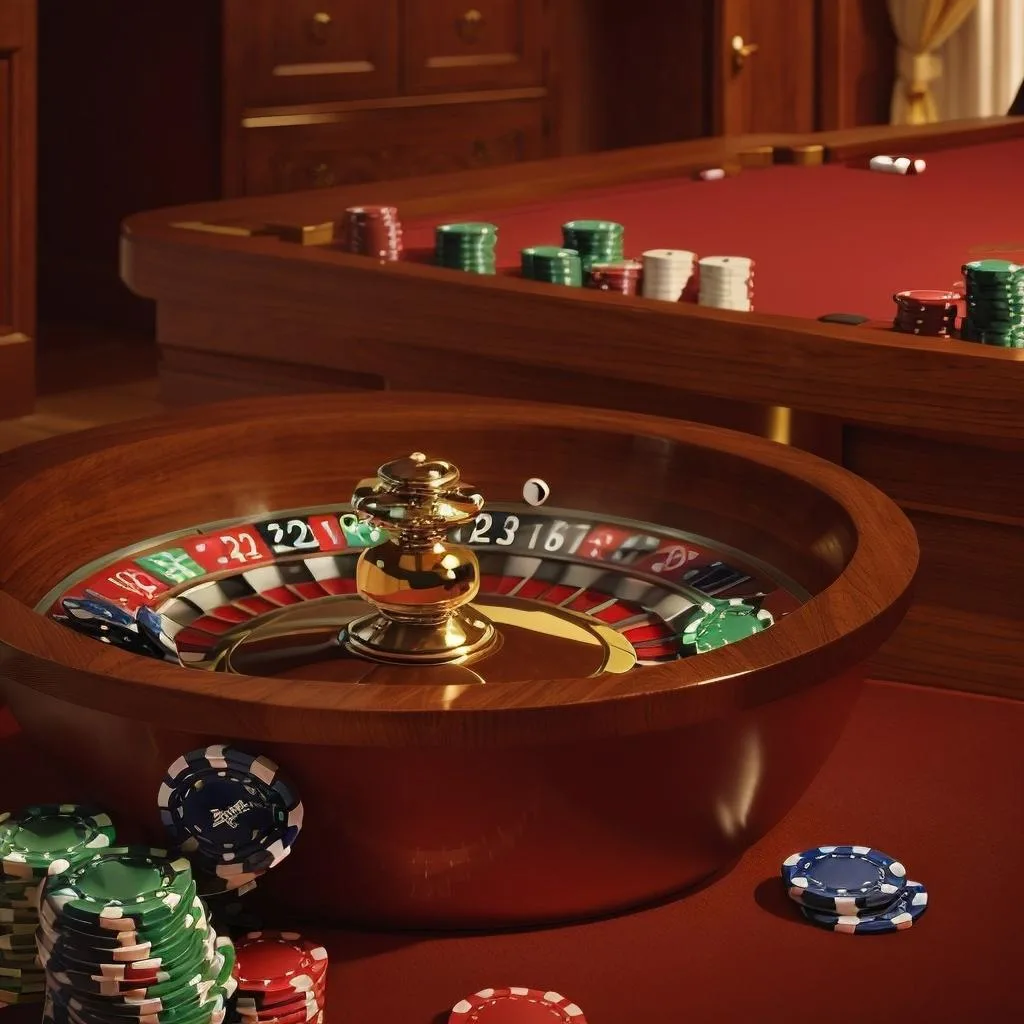Indian Reservations: A Look at Tribal Casinos

“Tribal casinos on Indian reservations” are a prevalent feature in the United States’ gaming landscape. They are not just confined to reservations, as you can find numerous tribal casinos outside of well-known gambling hubs like Las Vegas and Atlantic City. This article will delve into the concept, history, and distinguishing characteristics of tribal casinos compared to commercial casinos.
Owned and operated by federally recognized Native American tribes, tribal casinos on Indian reservations offer various amenities. These range from full-scale casino facilities equipped with slot machines and high-stakes gambling to smaller establishments featuring bingo and video poker. The unique aspect of these casinos is their exemption from state regulations, thanks to tribal sovereignty and self-governance.
The Origins of Tribal Casinos
The history of tribal casinos traces back to a legal case involving a Minnesota couple, Russel and Hellen Bryan, residing on a reservation. In 1972, Itasca County notified the couple that their mobile home was taxable. Unable to afford this, they sought legal help, and the case went to the Supreme Court. The Bryan v. Itasca County case ended with a landmark ruling that states had no right to tax property or residents on Indian land.
This decision opened the doors for gambling on Indian reservations. The Seminole tribe in Florida was the first to initiate an illegal high-stakes bingo operation in 1979. Despite attempts to close it down, the Supreme Court upheld the tribe’s right to operate, stating that states couldn’t regulate activities on Indian reservations. This led to the Indian Gaming Regulatory Act (IGRA) of 1988, which provided a legal framework for Native American tribes to run casinos.
Conditions for Tribal Casino Operations
Not all Native American tribes run casinos. Specific conditions must be met for a tribe to operate a gambling establishment. Firstly, a state must have a reservation where the tribe can set up the casino. Secondly, the tribe must negotiate a compact with the state to offer a type of gambling not legal in that state. Some states like Illinois and Kentucky do not recognize any tribes and hence, have no reservations. Others, such as Utah and South Carolina, do recognize tribes but have not reached gambling operation compacts.
Differences Between Tribal and Commercial Casinos
Tribal casinos and commercial casinos have several differences. Tribal casinos are not bound by state or federal laws, thanks to Supreme Court rulings. On the other hand, commercial casinos must follow all applicable laws. While tribal casinos typically offer the same games as commercial casinos, like slots and video poker, tribes may expand their offerings by negotiating compacts with states. The classification of video poker machines at tribal casinos depends on the type of gaming allowed, with Class III gaming being the most comprehensive.
Types of Gaming in Tribal Casinos
Tribal casinos on Indian reservations offer various types of gaming, including Class II slot machines and Class III gaming. Class III gaming resembles traditional slots, while Class II machines are akin to bingo. Each tribal casino may have different payouts, rules, and machine types. Some tribal casinos are run by professional casino operators, which can generate more revenue and offer loyalty schemes to members.
Tribal casinos on Indian reservations must be located on reservations, as this is where Native American tribes have sovereignty. The Indian gaming industry has faced criticism and debate, but it continues to grow with over 500 tribal casinos in the US. While tribal casinos bring economic prosperity to some tribes, others may not benefit, and there can be negative impacts on infrastructure and the environment.
In conclusion, tribal casinos on Indian reservations are a unique aspect of the American gambling scene. Their history is rooted in legal battles and landmark Supreme Court decisions. Despite similarities with commercial casinos, tribal casinos have distinct differences in their legal status and game offerings. The future of casinos on Indian reservations looks promising, despite the challenges and debates surrounding them.
